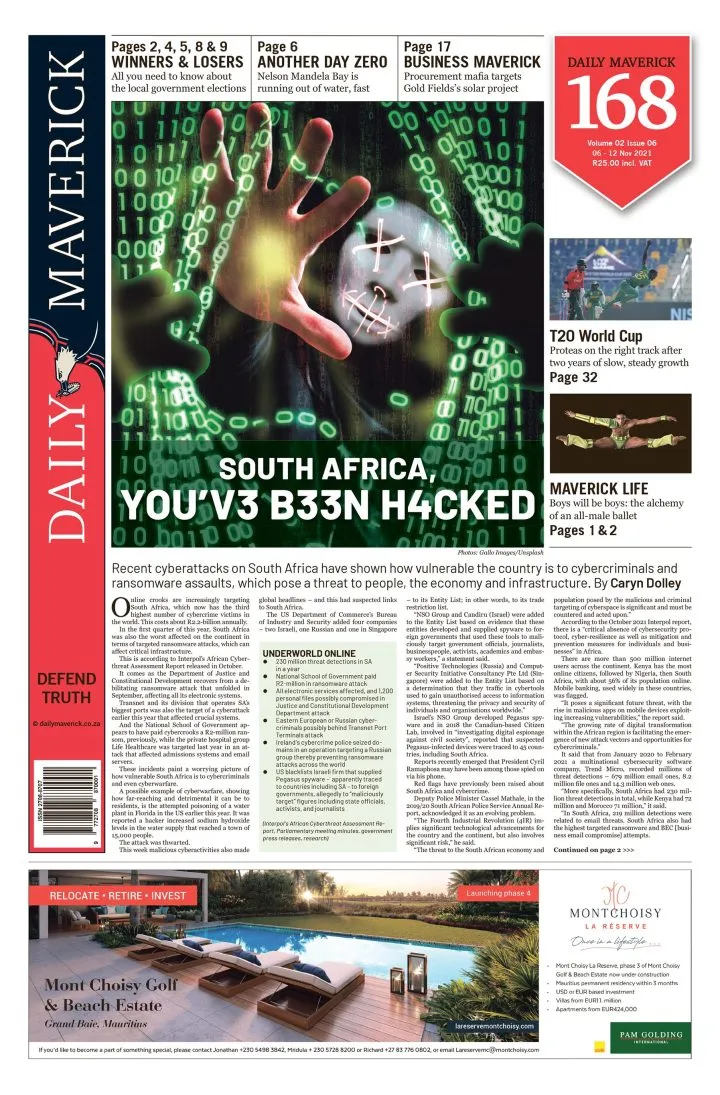I haven’t been considered a “youth” for a while now, even though on most days I’m not quite sure that the ascription of adult quite fits in reference to me. I guess sometimes there’s value in “faking it till you make it”.
I have, however, noted with growing concern the young people who are increasingly living a life that can only be described as suspended from the context within which they exist; they are starved of identity.
There seems to be a preoccupation with dismissing history and its importance, and anything that predates their existence is tossed aside.
Now, I won’t lay the fault entirely at their feet because I know that there are a number of factors that influence this, such as education, family background and upbringing, as well as existing within a system in which you feel ignored, thus creating dissociation and fanning a disaffection that breeds apathy.
One of the things that is key in a young person’s life is having a sense of belonging. This forms part of their stability and sense of identity, which is critical to shaping the kind of people they ultimately become and their contribution to society. So why is there no active investment in shaping this?
Simply giving someone a roof over their head and sending them to school does not engage and mould a person’s character or their understanding of the world around them.
Not asking your child what they think of certain events and experiences stunts their growth and ability to plug into their society meaningfully and make sense of their place in the world.
I would like to believe that young people have interests that extend beyond just their desire to subsist. Traditionally, young people are at the forefront of innovation and challenging the status quo. Yet I also believe this is something that requires nurturing and that needs the necessary space.
I guess we too have to ask ourselves whether we are living lives that inspire young people to want to understand and be in resonance with their environment. With bread-and-butter issues taking centre stage, people’s attention is distracted by survival, and as a result a focus on thriving and higher self-actualisation is not prioritised or stimulated.
The problem with not having a sense of understanding history is that you will invariably have a very tenuous connection to the present. You will not have an appreciation of its significance or know how to chart a meaningful future that recognises and does not invalidate or overlook it either.
The fact that there has been a trivialisation of history in schools and a debate on whether there is even a need to have it has, in my mind, left young people kind of flapping in the wind without an anchor, dismissing things like the significance of race in the context of South Africa or even the necessity to read, listen or watch the news because they feel divorced from the politics.
This means that they experience things like unemployment and poverty, but do not understand what these are shaped by, or how the system within which these issues they grapple with was born and is maintained.
In an article in The Conversation, Dr Natasha Robinson laments that the way the South African education system teaches history is acontextual. Robinson notes that a report commissioned by the Department of Basic Education actually made the recommendation that history should be taught in schools until Grade 12, because it contributed to the development of critical thinking skills, particularly those relating to “evidence”; helped to develop an identity, with a focus on pan-Africanism and nation-building, and contributed to social cohesion; had the ability to transcend racial, class and ethnic barriers by recognising the problem of prejudice and the issues facing a multicultural society.
But, she said, the way schools were teaching history was acontextual because it relied on teachers to supplement what is contained in textbooks by drawing the relevant links for students, which is an individualised process that can result in varied perspectives.
According to Robinson: “History education needs a more explicit focus on historical consciousness if students are to become capable of dealing with South Africa’s social problems.”
Perhaps the fact that South Africa is ostensibly only 27 years old is what is contributing to a lack of identity, because the country itself is struggling to articulate its own identity and vision for its citizens. Just the other day a shock-jock DJ suggested that identity politics were irrelevant and “uninteresting” in South Africa. It is difficult to believe, however, that this was true when this new, 27-year-old South Africa was birthed as a result of a battle to ensure people’s identity would not be used as a reason for systemic discrimination and oppression.
History is identity, history is difficult, history is grappling and struggle. Understanding it, however, is richly rewarding. DM168
This story first appeared in our weekly Daily Maverick 168 newspaper which is available for R25 at Pick n Pay, Exclusive Books and airport bookstores. For your nearest stockist, please click here.
















 Become an Insider
Become an Insider
Comments - Please login in order to comment.